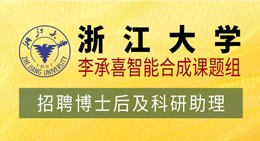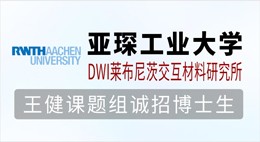当前位置:
X-MOL 学术
›
Asian-Pacific Economic Literature
›
论文详情
Our official English website, www.x-mol.net, welcomes your
feedback! (Note: you will need to create a separate account there.)
Returns to education among the informally employed in Thailand
Asian-Pacific Economic Literature ( IF 1.1 ) Pub Date : 2020-04-01 , DOI: 10.1111/apel.12284
Tanthaka Vivatsurakit 1 , Jessica Vechbanyongratana 1
Asian-Pacific Economic Literature ( IF 1.1 ) Pub Date : 2020-04-01 , DOI: 10.1111/apel.12284
Tanthaka Vivatsurakit 1 , Jessica Vechbanyongratana 1
Affiliation
Thailand experienced rapid economic development and made significant investments in education over the past four decades; however, more than half of Thai workers remain informally employed. Despite the prevalence and persistence of informal work in Thailand, little is known about the returns to investments in formal education among informal workers. Using individual‐level data from the 2011, 2013, and 2015 Thailand Household Socio‐economic Surveys, this study estimates the wage returns to years of education for informal workers using an instrumental variable (IV) approach to correct for potentially biased coefficient estimates on years of education due to unobserved ability. Contrary to expectations, informally employed Thai workers find substantial returns to investments in formal education. The results under the IV approach indicate that the return to an additional year of education for the informally employed is 11–12 per cent, compared to almost 15 per cent for formally employed private firm workers.
中文翻译:

在泰国从事非正式工作的人重返教育
在过去的四十年中,泰国经历了快速的经济发展,并在教育方面进行了大量投资;但是,泰国一半以上的工人仍然是非正规就业。尽管泰国的非正式工作盛行且持续存在,但对于非正式工人中正规教育投资的回报却知之甚少。本研究使用2011年,2013年和2015年泰国家庭社会经济调查的个人数据,使用工具变量(IV)方法校正了可能存在偏差的系数估计值,从而估计了非正式工人的受教育年限的工资回报。由于缺乏能力而受到的教育。与期望相反,泰国的非正式就业工人从正规教育投资中获得了可观的回报。
更新日期:2020-04-01
中文翻译:

在泰国从事非正式工作的人重返教育
在过去的四十年中,泰国经历了快速的经济发展,并在教育方面进行了大量投资;但是,泰国一半以上的工人仍然是非正规就业。尽管泰国的非正式工作盛行且持续存在,但对于非正式工人中正规教育投资的回报却知之甚少。本研究使用2011年,2013年和2015年泰国家庭社会经济调查的个人数据,使用工具变量(IV)方法校正了可能存在偏差的系数估计值,从而估计了非正式工人的受教育年限的工资回报。由于缺乏能力而受到的教育。与期望相反,泰国的非正式就业工人从正规教育投资中获得了可观的回报。

































 京公网安备 11010802027423号
京公网安备 11010802027423号